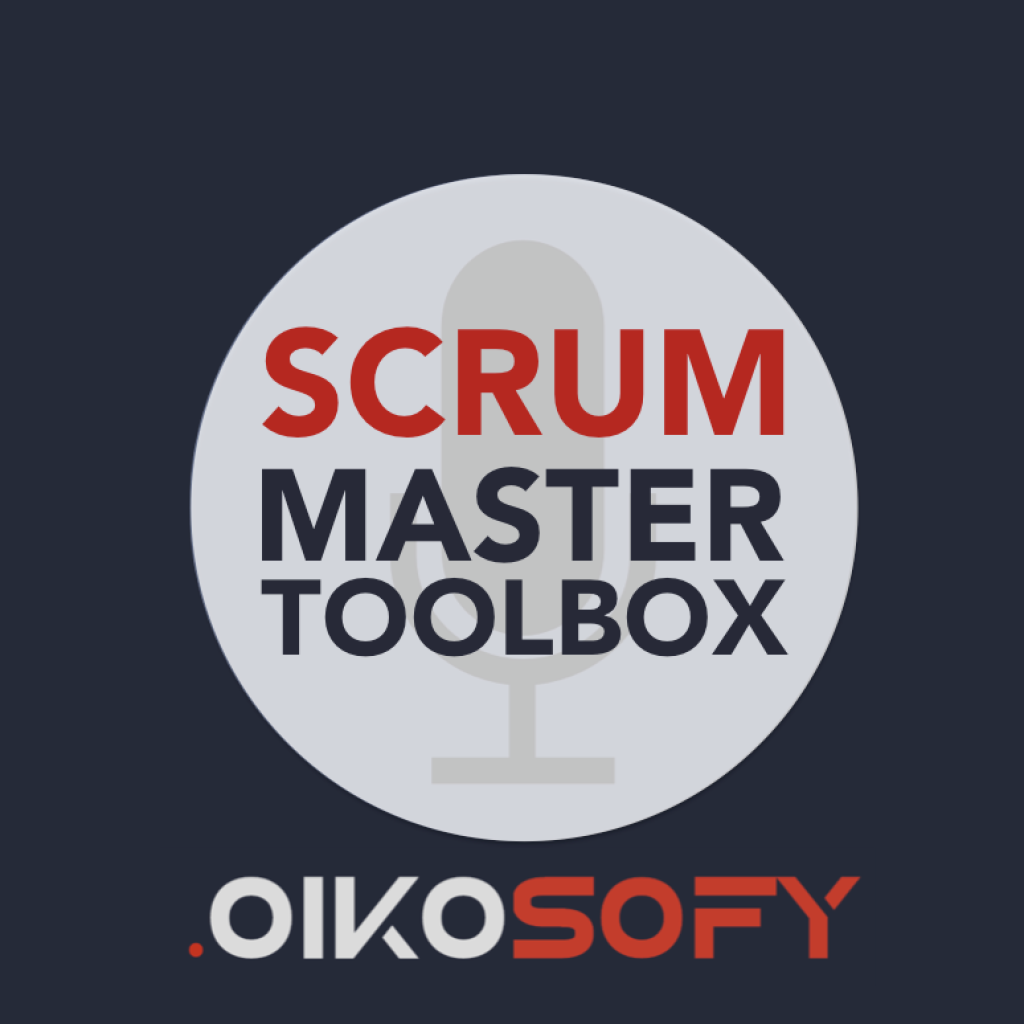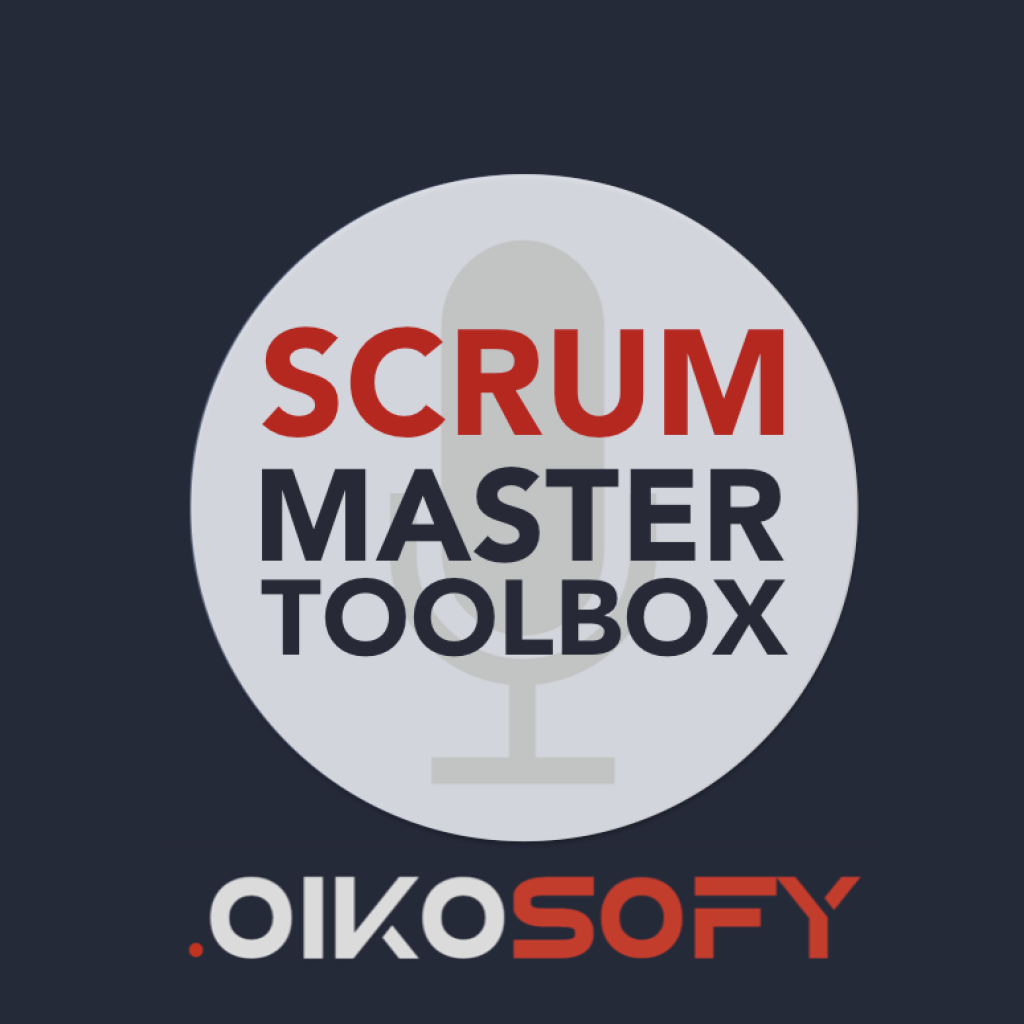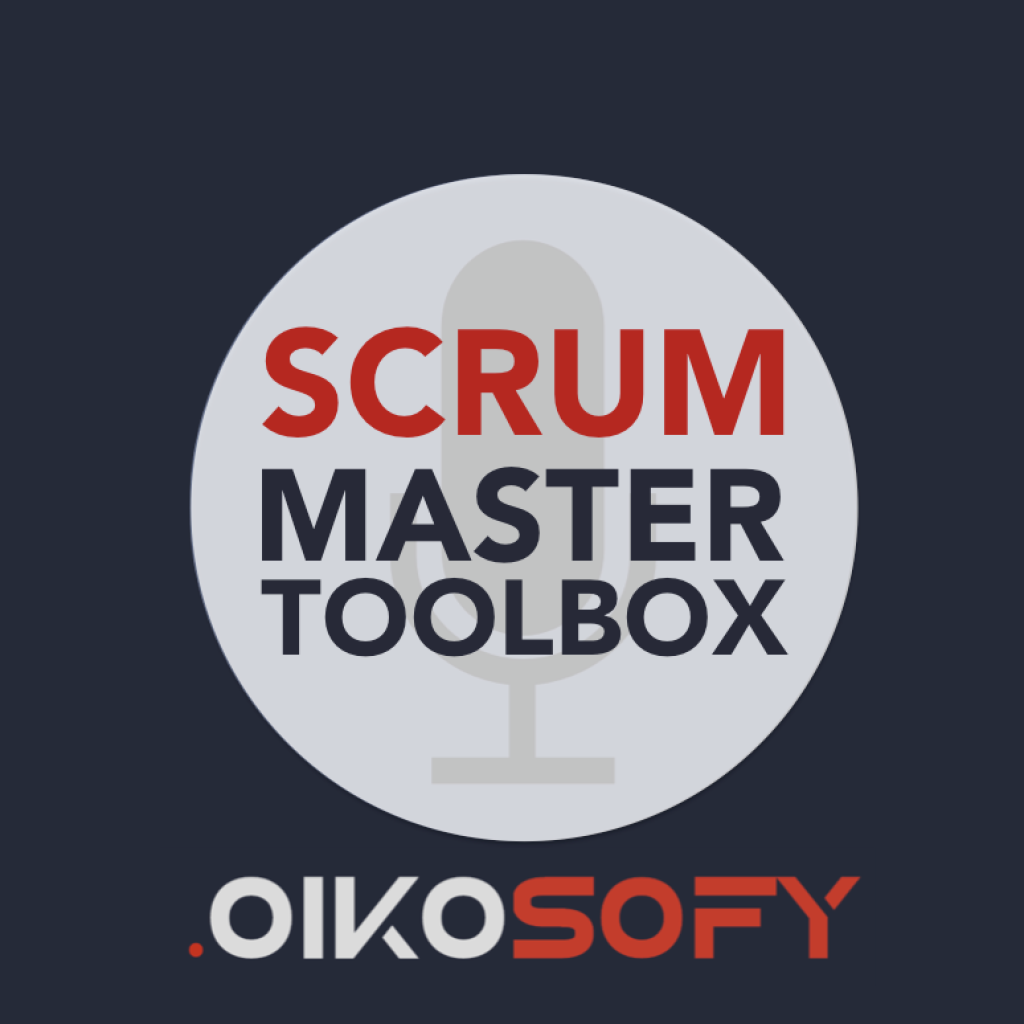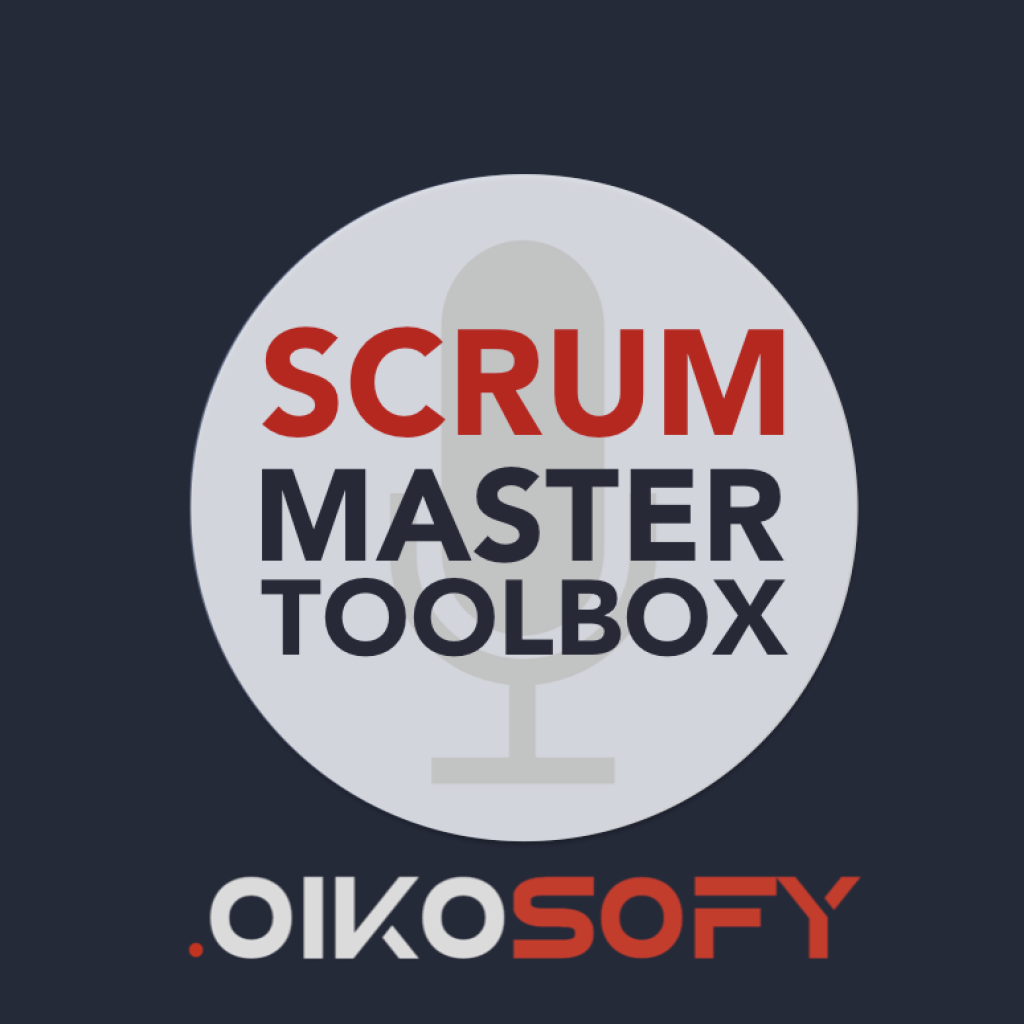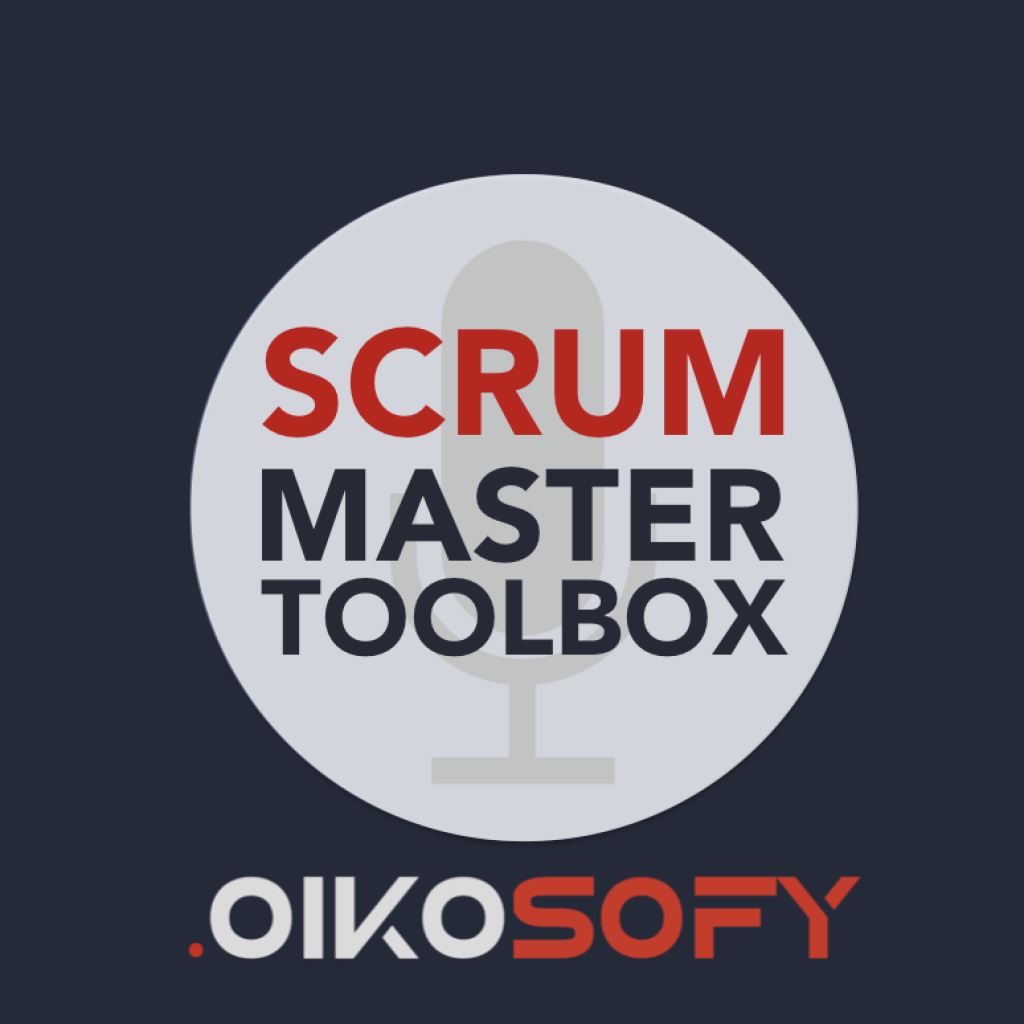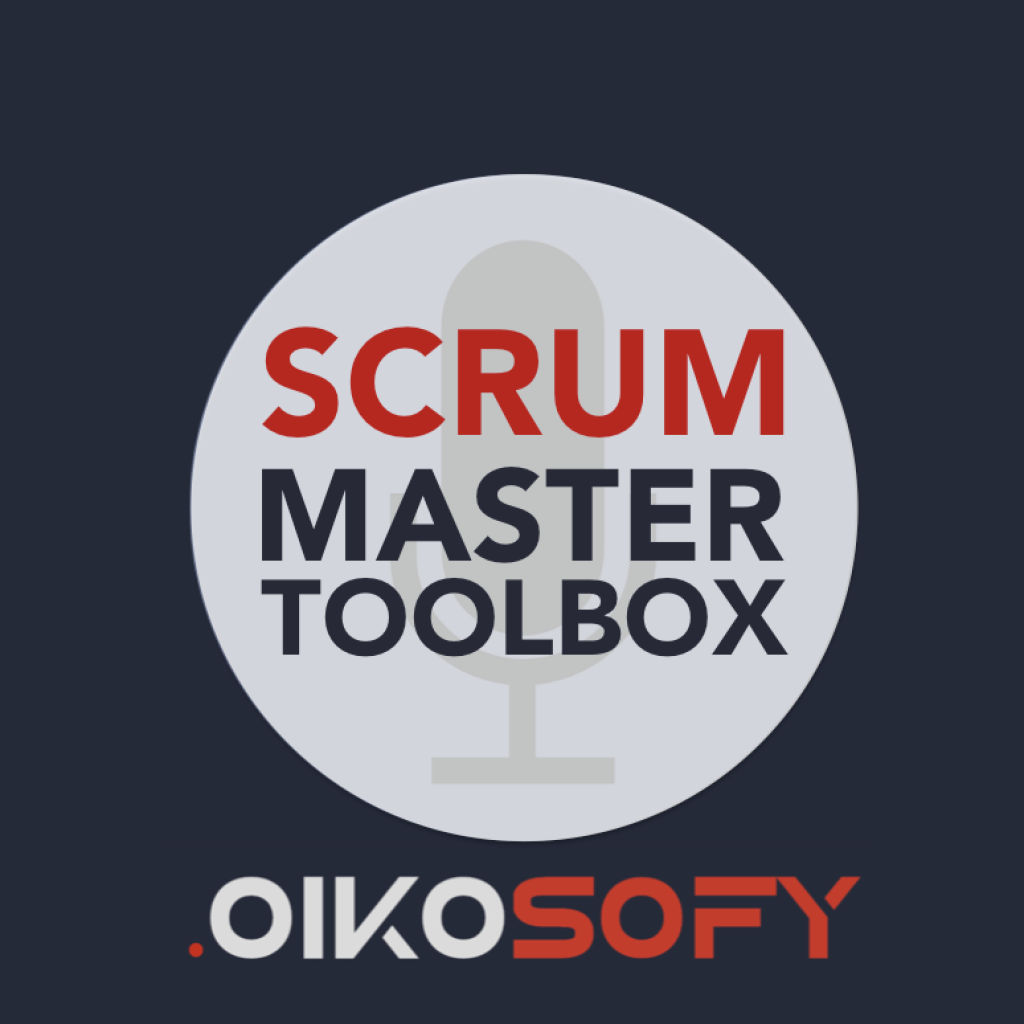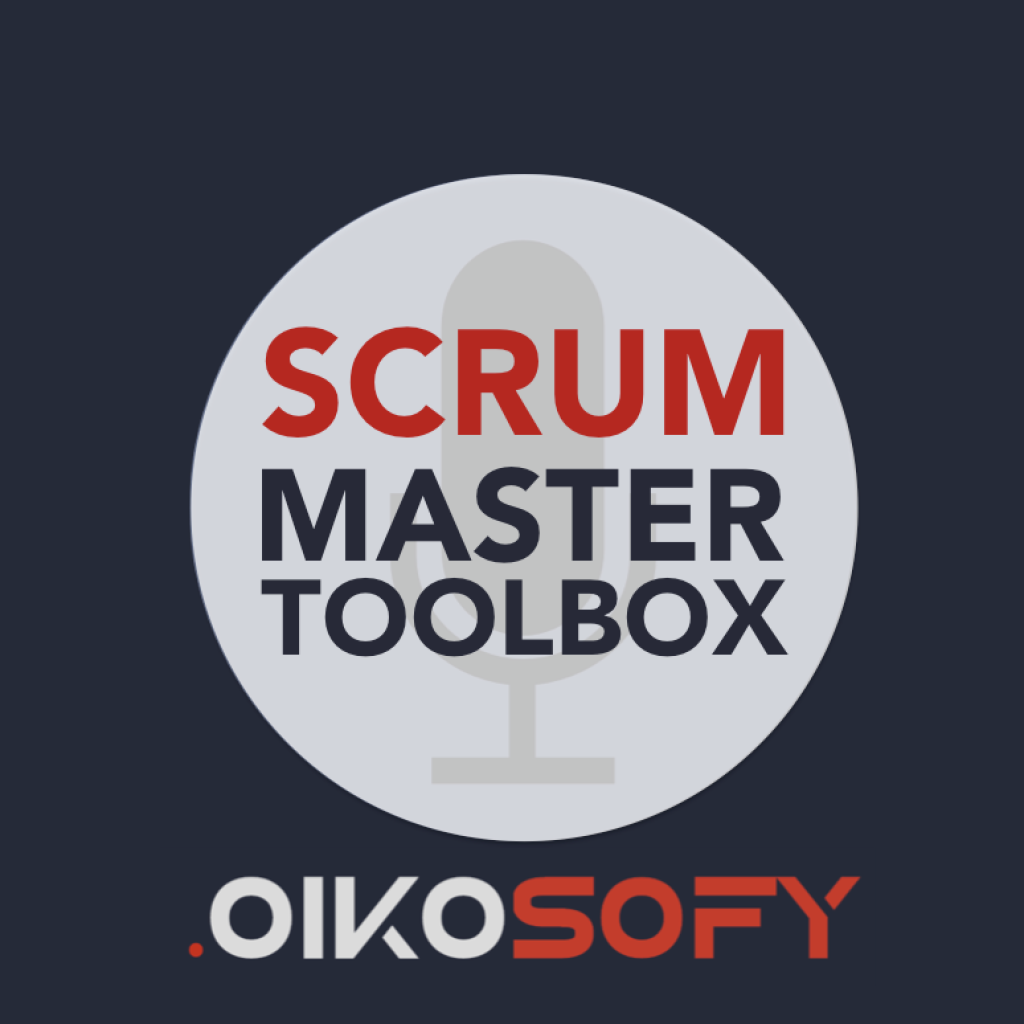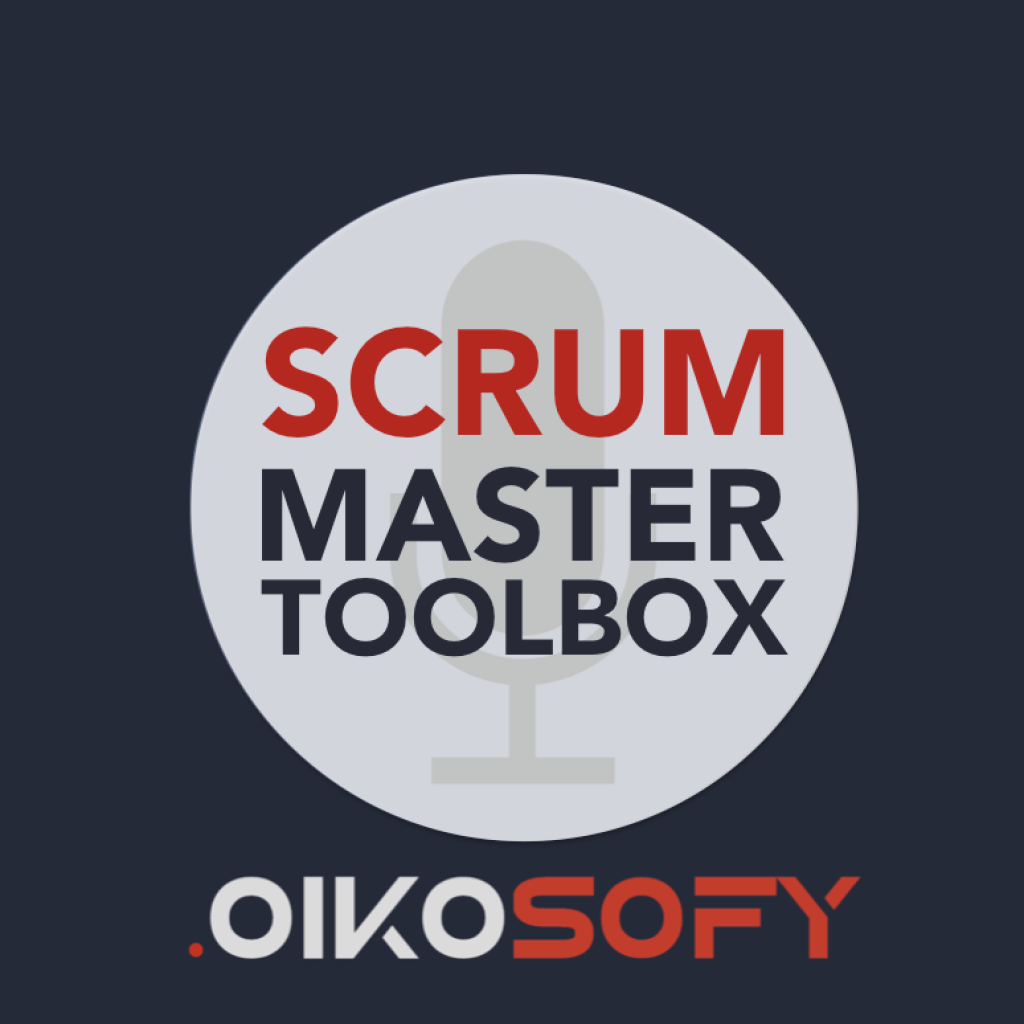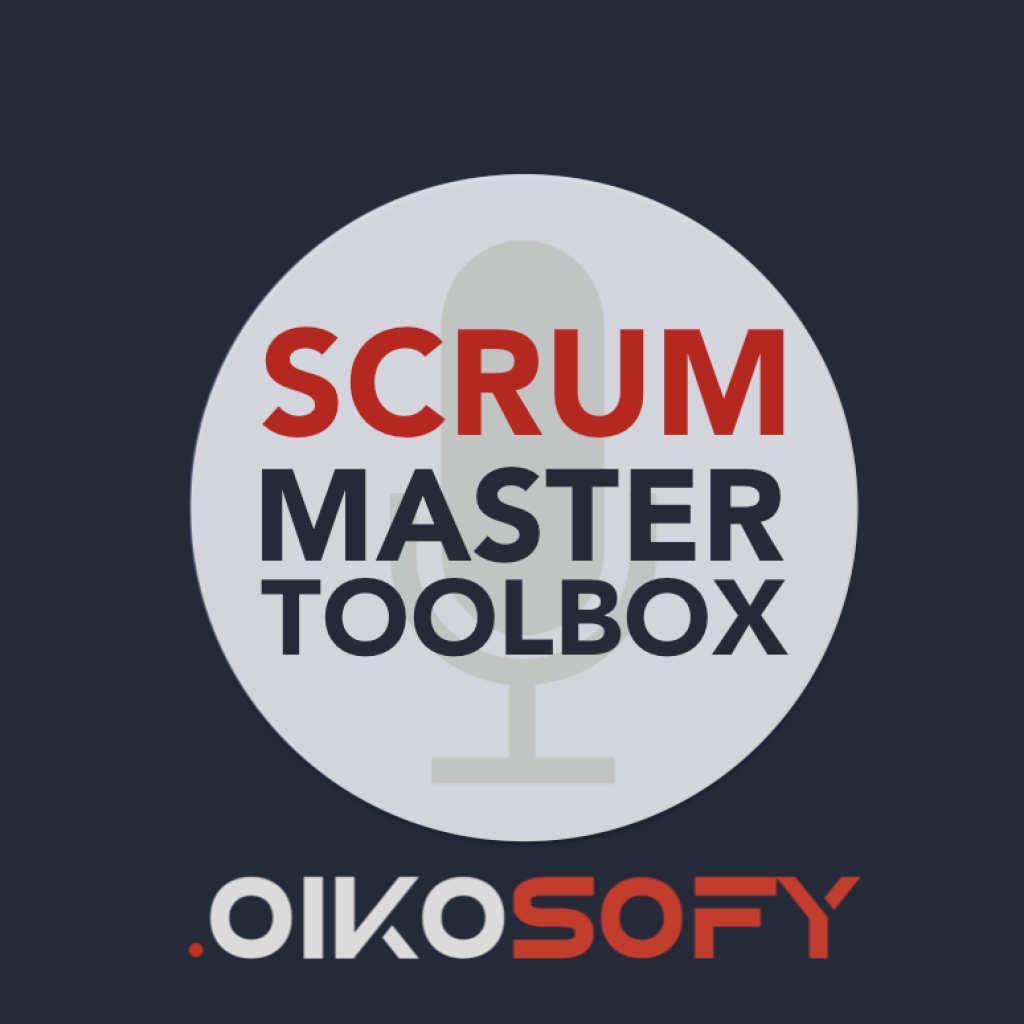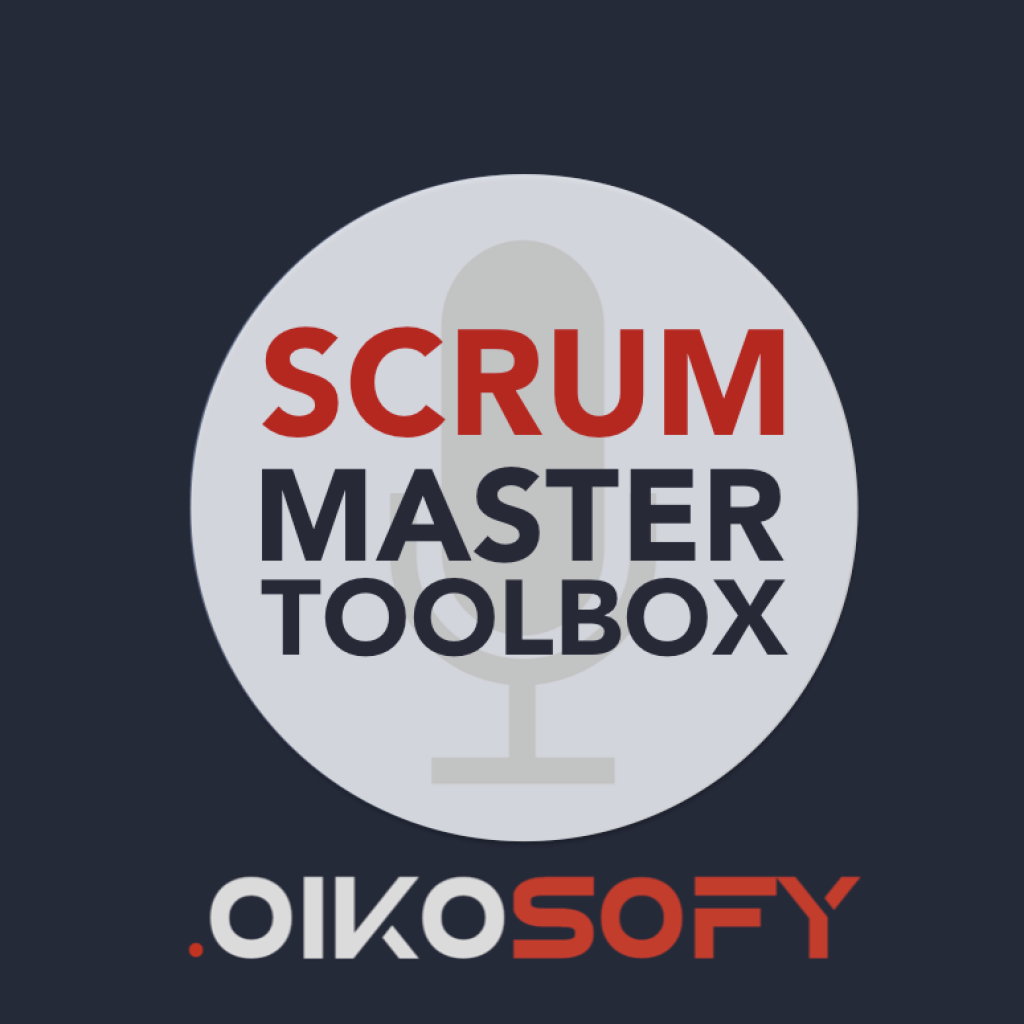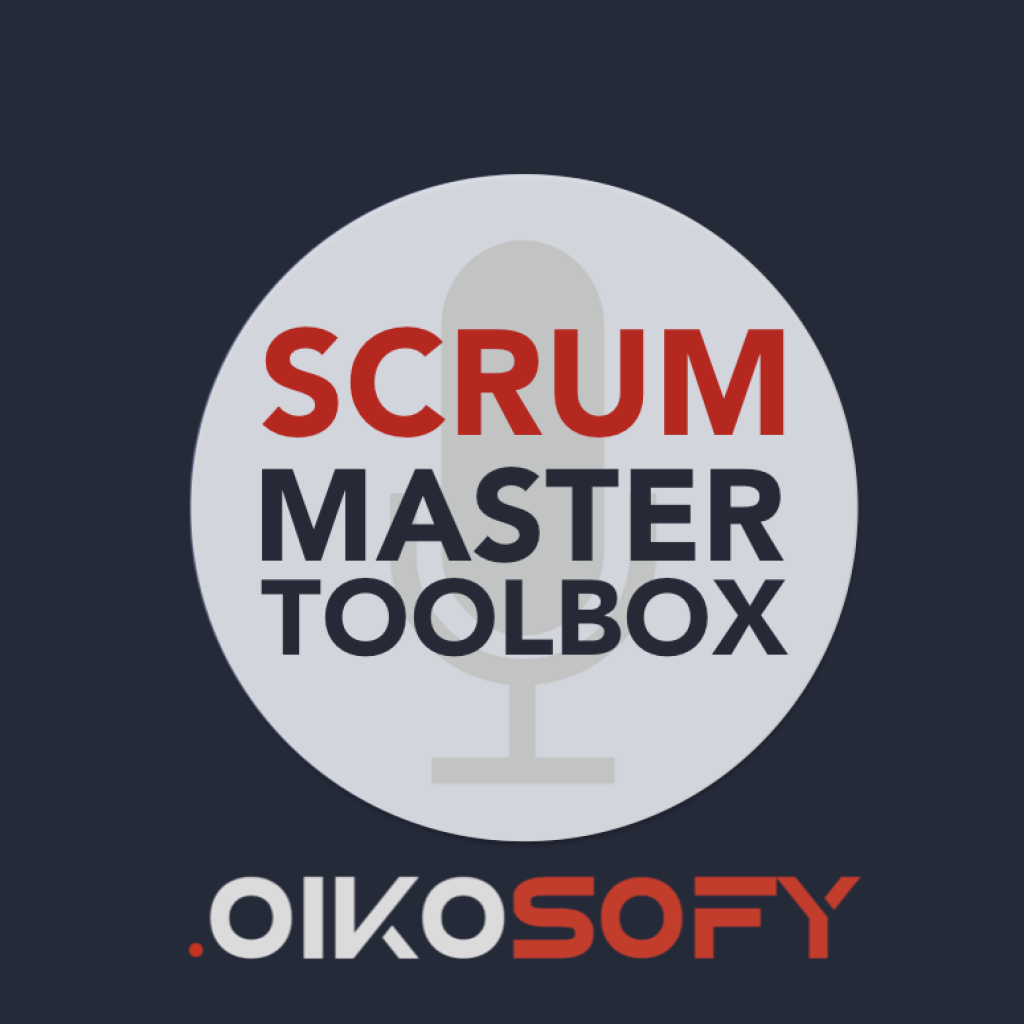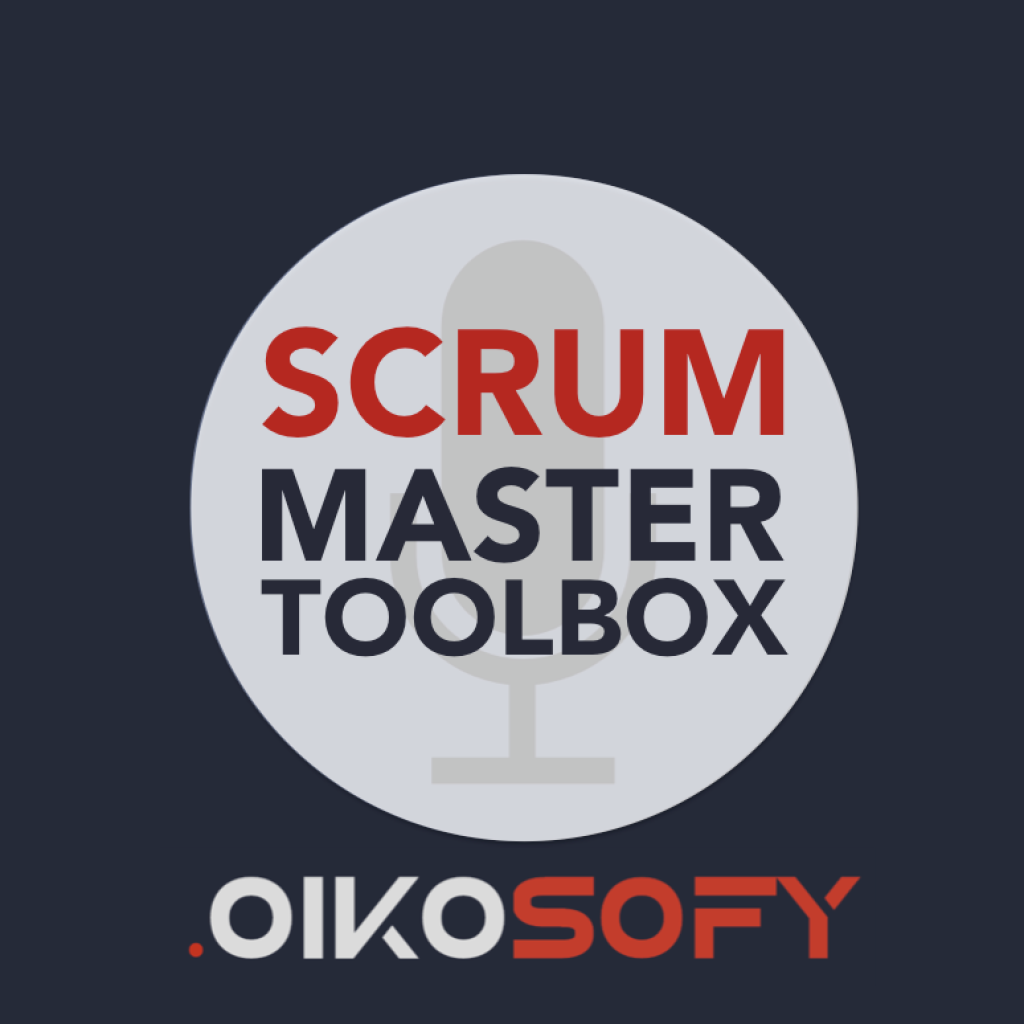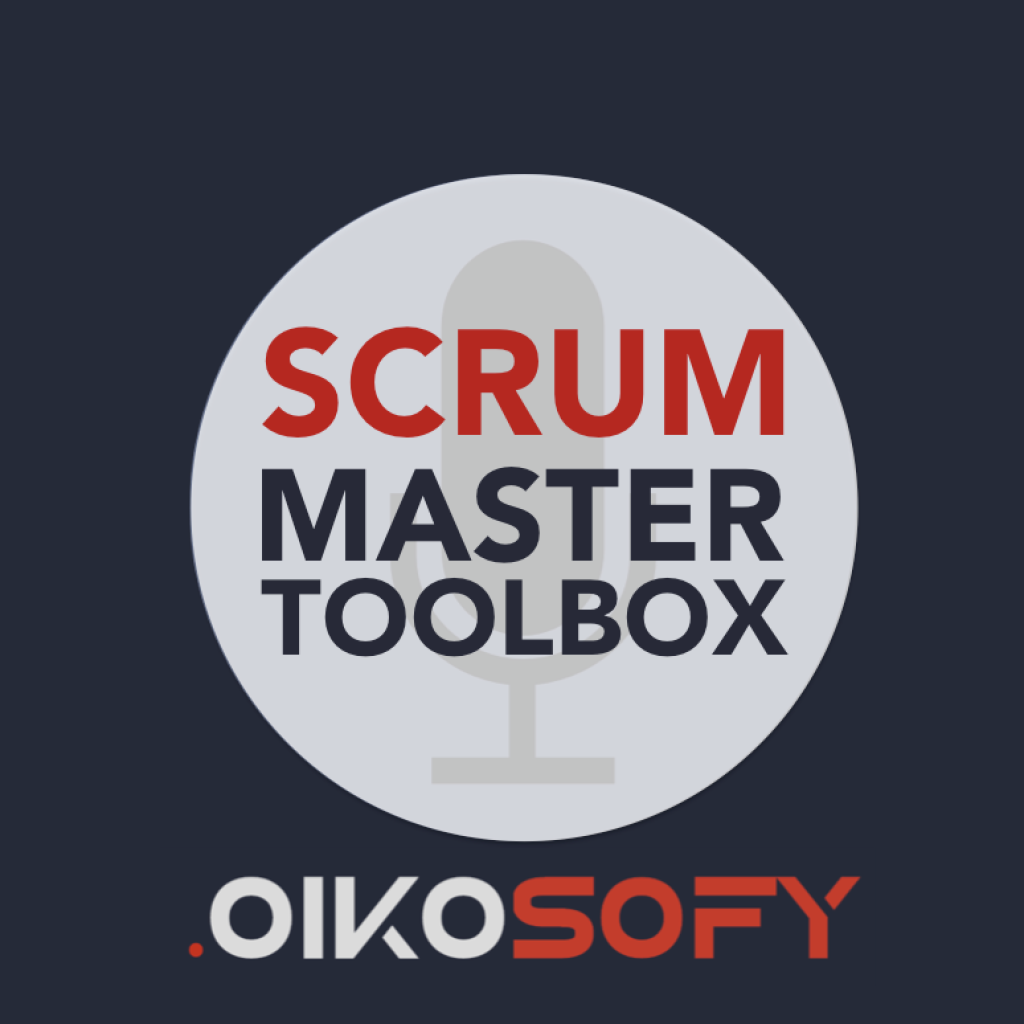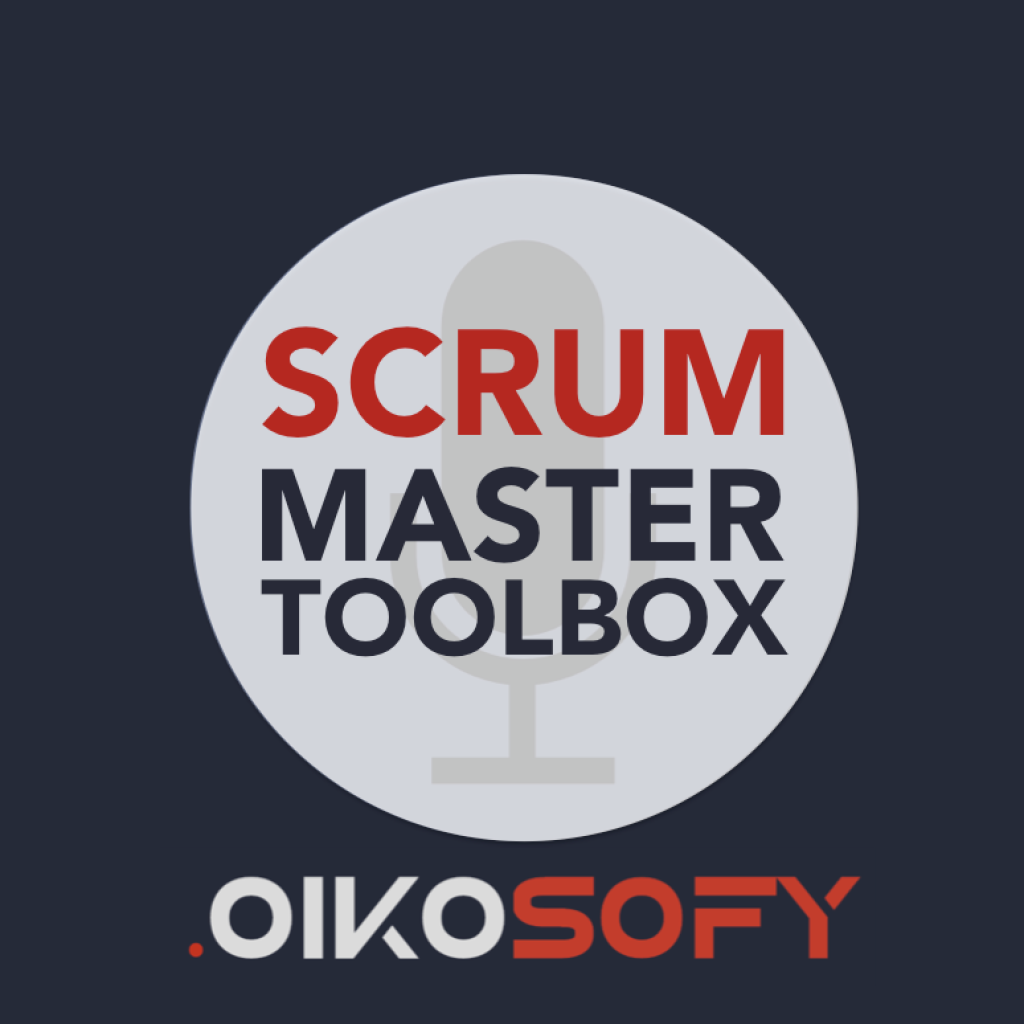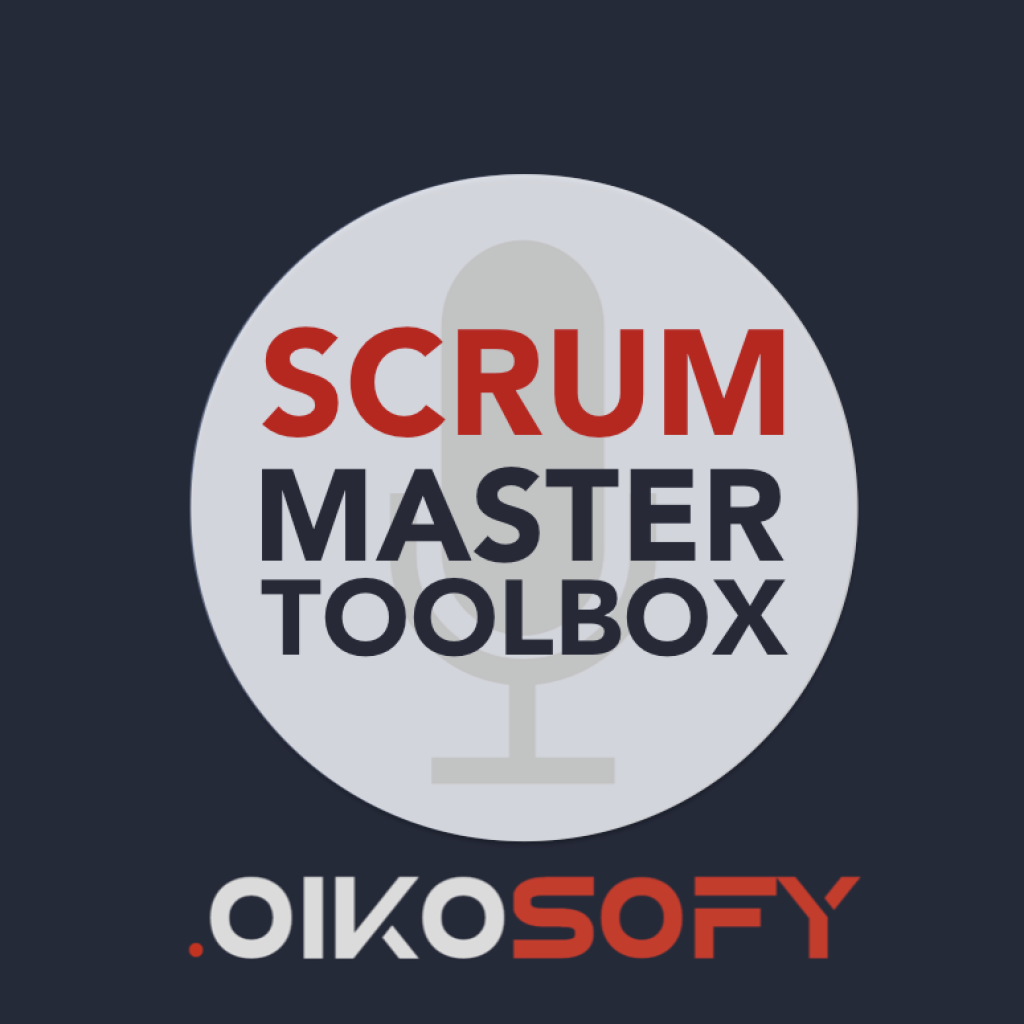BONUS: Flawless Execution — Translating Fighter Pilot Precision to Business Results | Christian "Boo" Boucousis
Description
BONUS: Flawless Execution — Translating Fighter Pilot Precision to Business Results
In this powerful conversation, former fighter pilot Christian "Boo" Boucousis reveals how military precision translates into agile business leadership. We explore the FLEX model (Plan-Brief-Execute-Debrief), the critical difference between control-based and awareness-based leadership, and why most organizations fail to truly embrace iterative thinking.
From Cockpit to Boardroom: An Unexpected Journey
"I learned over time that it doesn't matter what you do if you're always curious, and you're always intentional, and you're always asking questions." — Christian "Boo" Boucousis
Christian's path from fighter pilot to leadership consultant wasn't planned—it was driven by necessity and curiosity. After 11 years as a fighter pilot (7 in Australia, 4 in the UK), an autoimmune condition ended his flying career at age 30. Rather than accepting a comfy job flying politicians around, he chose entrepreneurship. He moved to Afghanistan with a friend and built a reconstruction company that grew to a quarter billion dollars in four years. The secret? The debrief skills he learned as a fighter pilot. By constantly asking "What are you trying to achieve? How's it going? Why is there a gap?" he approached business with an agile mindset before he even knew what agile was. This curiosity-driven, question-focused approach became the foundation for everything that followed.
The FLEX Model: Plan-Brief-Execute-Debrief
"Agile and scrum were co-created by John Sutherland, who was a fighter pilot, and its origins sit in the OODA loop and iteration. Which is why it's a circle." — Christian "Boo" Boucousis
The FLEX model isn't new—fighter pilots have used this Plan-Brief-Execute-Debrief cycle for 60 years. It's the ultimate simple agile model, designed to help teams accelerate toward goals using the same accelerated learning curve the Air Force uses to train fighter pilots. The key insight: everything in this model is iterative, not linear. Every mission has a start, middle, and end, and every stage involves constant adaptation. Afterburner (the company Christian now leads as CEO) has worked with nearly 3,800 companies and 2.8 million people over 30 years, teaching this model. What's fascinating is that the DNA of agile is baked into fighter pilot thinking—John Sutherland, co-creator of Scrum, wrote the foreword for Christian's book "The Afterburner Advantage" because they share the same roots in the OODA loop and iterative thinking.
Why Iterative Thinking Doesn't Come Naturally
"Iterative thinking is not a natural human model. Most of the time we learn from mistakes. We don't learn as a habit." — Christian "Boo" Boucousis
Here's the hard truth: agile as a way of working is very different from the way human beings naturally think. Business leadership models still hark back to <a href="https://en.wikipedia.org/wiki/The_Principles_of_Scien




